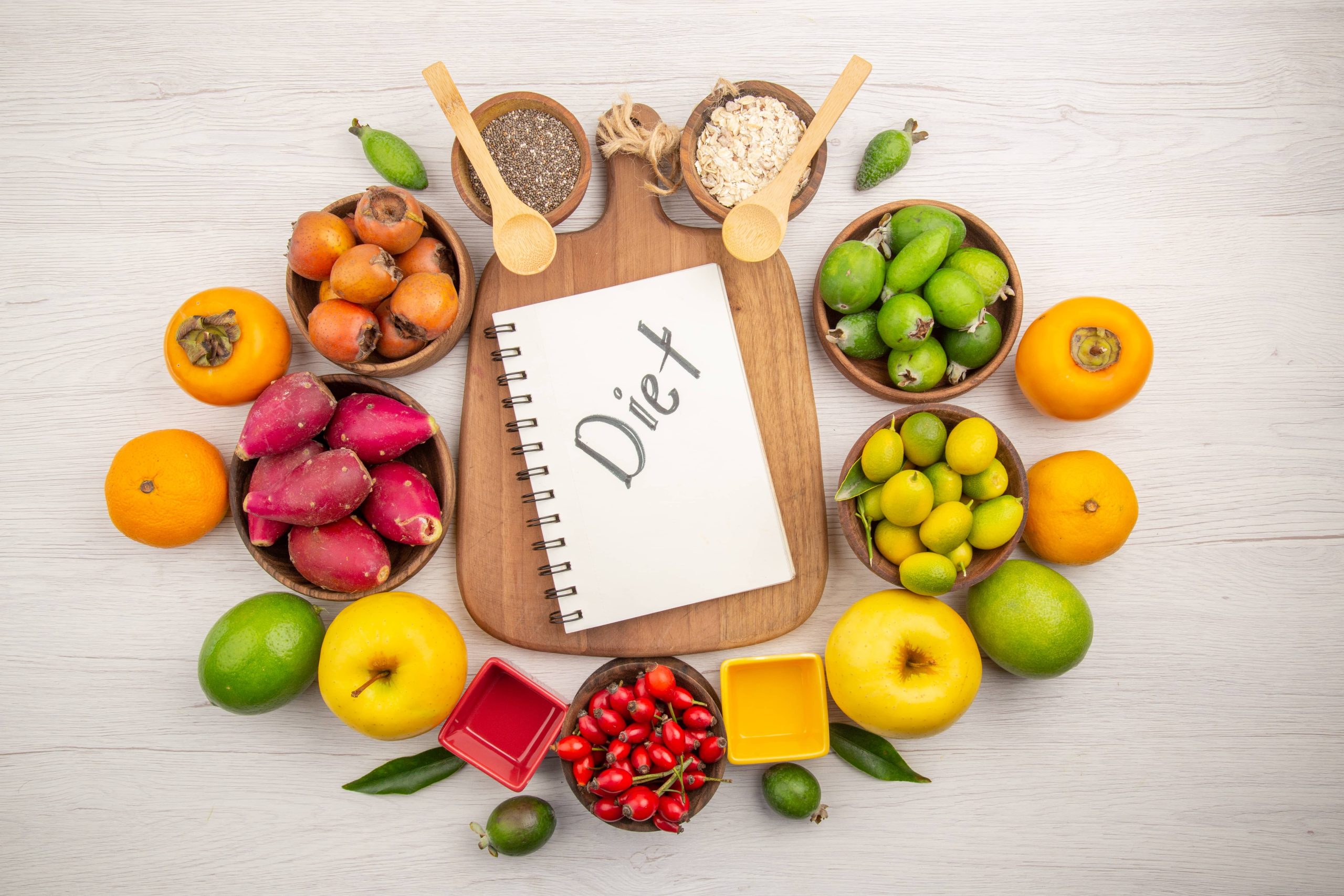
In the ever-evolving world of nutrition, it can be challenging to separate fact from fiction. With a plethora of information available at our fingertips, it’s easy to fall prey to misconceptions and myths that can lead us astray in our quest for a healthier lifestyle. In this blog post, we will delve into some of the most common nutrition myths and debunk them with evidence-based insights. By the end, you’ll be equipped with the knowledge to make informed decisions about your diet and nutrition.
Myth 1: Carbs Are the Enemy
One of the most pervasive myths in the world of nutrition is that carbohydrates are inherently bad and should be avoided at all costs. This misconception has led to the popularity of low-carb diets like the ketogenic and Atkins diets. However, the truth is that not all carbs are created equal.
Carbohydrates are a primary source of energy for our bodies, and they play a crucial role in brain function. The key is to focus on consuming complex carbohydrates, such as whole grains, fruits, and vegetables, which provide essential nutrients and fiber. These foods help regulate blood sugar levels and promote a feeling of fullness, reducing the likelihood of overeating.
On the other hand, simple carbohydrates, found in sugary snacks and processed foods, can lead to spikes in blood sugar and should be consumed in moderation. Instead of eliminating carbs altogether, aim for a balanced diet that includes a variety of nutrient-dense foods.
Myth 2: All Fats Are Bad for You
For years, dietary fat was demonized as the primary culprit behind weight gain and heart disease. However, recent research has shown that not all fats are harmful. In fact, healthy fats are essential for various bodily functions, including hormone production and nutrient absorption.
Unsaturated fats, found in foods like avocados, nuts, seeds, and olive oil, have been shown to improve heart health and reduce inflammation. Omega-3 fatty acids, a type of unsaturated fat found in fatty fish like salmon and mackerel, are particularly beneficial for brain health.
Conversely, trans fats and excessive saturated fats, often found in processed and fried foods, should be limited as they can increase the risk of heart disease. Embrace healthy fats as part of a balanced diet to support overall well-being.
Myth 3: You Need to Detox Regularly
Detox diets and cleanses have gained popularity as a quick fix for weight loss and improved health. However, the concept of detoxing is largely a myth. Our bodies are equipped with a highly efficient detoxification system involving the liver, kidneys, and other organs that work tirelessly to eliminate toxins.
There is no scientific evidence to support the need for detox diets or products. In fact, some detox regimens can be harmful, leading to nutrient deficiencies and electrolyte imbalances. Instead of relying on detoxes, focus on maintaining a healthy lifestyle with a balanced diet, regular exercise, and adequate hydration to support your body’s natural detoxification processes.
Myth 4: Skipping Meals Helps with Weight Loss
The idea that skipping meals can aid in weight loss is a common misconception. While it may seem logical to reduce calorie intake by skipping meals, this approach can backfire. Skipping meals can lead to increased hunger and cravings, resulting in overeating later in the day.
Moreover, skipping meals can slow down your metabolism, making it harder to lose weight in the long run. Instead of skipping meals, aim for regular, balanced meals that include a mix of macronutrients to keep you satisfied and energized throughout the day.
Myth 5: Supplements Can Replace a Healthy Diet
In the quest for optimal health, many people turn to dietary supplements as a quick and easy solution. While supplements can be beneficial in certain situations, they should not replace a healthy diet. Whole foods provide a complex array of nutrients, fiber, and antioxidants that supplements cannot replicate.
Before considering supplements, focus on consuming a varied diet rich in fruits, vegetables, whole grains, lean proteins, and healthy fats. If you suspect a nutrient deficiency, consult with a healthcare professional to determine if supplementation is necessary.
Myth 6: Eating Late at Night Causes Weight Gain
The belief that eating late at night leads to weight gain is another common myth. Weight gain is primarily determined by the total number of calories consumed versus the number of calories burned, regardless of the time of day.
However, late-night eating can lead to poor food choices, such as high-calorie snacks, which can contribute to weight gain. It’s important to listen to your body’s hunger cues and make mindful food choices, regardless of the time. If you find yourself hungry at night, opt for a light, nutritious snack to satisfy your hunger without overindulging.
Conclusion
In the world of nutrition, myths and misconceptions abound, often leading to confusion and misguided dietary choices. By debunking these common myths, we hope to empower you with the knowledge to make informed decisions about your diet and nutrition. Remember, a balanced and varied diet, combined with a healthy lifestyle, is the key to achieving and maintaining optimal health. Stay curious, question the information you encounter, and always seek evidence-based guidance on your journey to better nutrition.










